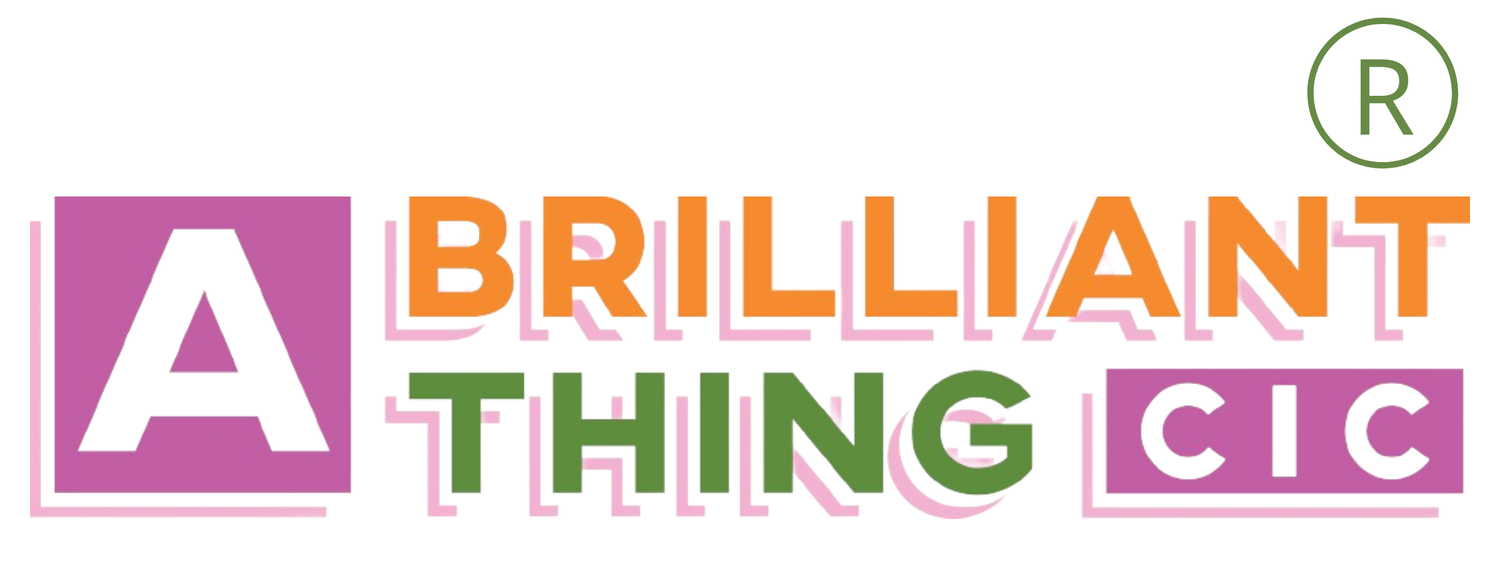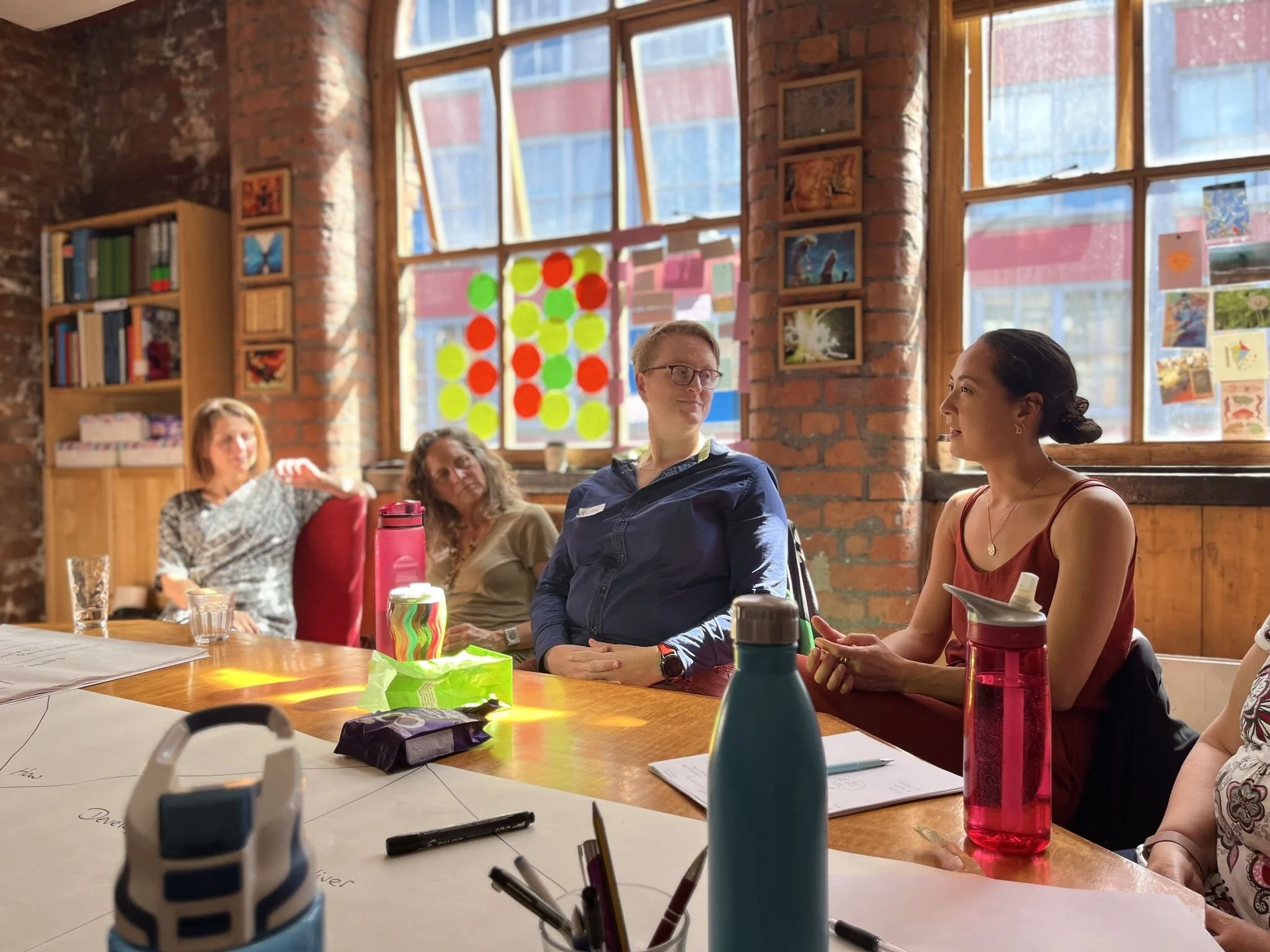Compassionate cultures? Q&A with a mindfulness teacher
Breathworks is a charity based in Manchester who have recently developed a Mindful Compassionate Leadership course.
Course creator and Mindfulness teacher Annika shares advice for leaders and organisations looking to increase their well-being and performance through mindful compassion.
https://www.breathworks-mindfulness.org.uk/
Annika Wager is an associate mindfulness teacher at Breathworks in Manchester, UK, and the creator of the charity’s upcoming Mindful & Compassionate Leadership course. With past clients of her mindfulness trainings including school staff, local businesses and community councils, police, and ambulance services, Annika specializes in customizing programs for the varying needs of different workplaces.
Question: From COVID-related supply chain issues to the lingering impacts of the Great Resignation, the average workplace is facing huge challenges right now. And as a result, so many workers report feeling burned out or depleted. How can leaders help their teams truly become more resilient, in a way that acknowledges the pain points and meets people where they are now?
Answer: This is something we have certainly seen. Developing resilience is a process that takes time and is a preventative measure for burnout, rather than a salve once a person’s exhaustion has hit rock bottom.
We all have a stress threshold and when we are below that, our stress reaction is triggered by events or our surroundings and we can struggle to cope. When we are above this threshold, potentially stressful things happen but we are less reactive and less easily overwhelmed by them. In developing resilience, we are trying to gain skills that will keep us above that threshold the majority of the time. Key elements which can enrich our resilience involve skills for managing stress and emotional regulation. Foundational to these skills is developing greater self-awareness of the mind, mood, and body, as well as the reactive pathways we habitually go down when faced with stressful environments.
To develop a strong base of resilience, people need time to apply what they learn to their real-life experience. For organizations to promote resilience in a sustainable way, people need to feel supported in that process. This is where group learning and coaching can help to solidify confidence and growth in teams, in particular when energy levels and morale is low. Leaders play an important role in creating an environment where well-being is valued and where people can ask for help. This creates the kind of workplace where resilience can flourish.
Question: Speaking of flourishing workplaces—Breathworks is about to launch your Mindful Compassionate Leadership Course. What can people expect from this course?
Answer: It is a practical course is for professionals who lead in any capacity. The course itself involves live weekly sessions across six weeks; these happen in small groups to maximise learning and opportunities for participants to connect with other like-minded leaders in their fields.
We cover important areas for developing mindfulness and compassion in the workplace, including harnessing emotional intelligence, self-awareness, and tools for better listening, focus, and communication. We also cover the foundational blocks of building resilience: how to self-resource against daily challenges, how to pace yourself in fast-paced environments, and how to prevent burnout before it arrives.
I will be leading the course online for Breathworks starting November 1. This version is designed for participants who engage in mindfulness practices in some way (e.g. they have attended mindfulness training previously or meditate regularly) and who want to bring these practices more fully into their development as a leader. We also offer the course in a tailored format for in-house training, which can be in-person or online and caters to all levels of mindfulness experience.
Question: So much of our work world these days has pivoted to the digital space. It’s a very distracting place to be, at times. What are the advantages of delivering this course digitally instead of in-person?
Answer: By using a live online format, we can allow for a rich mix of people from different locations and organizations. We find that so much of the learning experience comes from sharing and being alongside a variety of like-minded individuals facing similar challenges. The live online sessions are also easier to slot into busy schedules.
Question: What did you find were the most enjoyable and the most challenging aspects of creating the course?
Answer: My mindfulness and compassion practice has been essential to my own career and development. An example of this is being fully present when interacting with others in challenging situations. Bringing mindfulness to my own sense of urgency, frustration or worries about a situation means I can regulate my emotions and behaviour, (and stay above that stress threshold) to ensure that I can work productively and calmly to a solution. Similarly bringing mindful awareness to interactions with others in the team ensures that I can by fully present to what is being said (and not said) so team members feel heard and valued, which supports building connections and trust.—. Bringing the mindfulness skills that have helped me most to others has been deeply fulfilling.
Both the joy and the challenge of creating the course was to ensure participants can explore these practical applications in the leadership context, while also developing their own personal meditation practice which is such a key part of mindful and compassionate leadership.
Question: Often, mindfulness is seen as a workplace tool for focus and productivity. The course, however, has a broader focus. Why is it important today that leaders develop not only the skills of mindful focus, but also compassion?
Answer: There are many studies out there that show compassion plays an important role in creating an optimally functioning workforce: It’s been shown to reduce stress, improve employee loyalty, and enhance interpersonal relationships. Benefits are organization-wide and can impact employee retention, strengthening teams.
Compassion in the workplace is not about avoiding challenging conversations or letting people off the hook. Compassionate action involves courage. It requires leaders to build connections with colleagues, actively listen without judging, and take considered actions. It also means developing their ability to be kind to themselves. Take a moment to recall a leader who was kind and compassionate to you. How did you feel at the time and what did you learn? Individuals and teams thrive under leadership that is underpinned by compassionate as well as mindful practices.
Question: From your experience as a leader and a meditation teacher, particularly within organizations, what are some changes you've observed through placing an emphasis on compassion?
Answer: There is a sense of ease with who we are that comes with being able to approach our mistakes and flaws with compassion. Being able to offer self-compassion in a challenging moment is one of my key tools to standing down threat activation and emotional agitation. It helps me to access the calmer, more resourceful and resilient strategies I need to get the job done effectively.
Being compassionate with colleagues helps create a shift from ‘them’ to ‘us’. When we do an exercise reflecting on the good qualities of a colleague, participants report back that after practicing for a week, they are able to bring more patience and kindness to their interactions.
Question: What advice would you give to leaders who are interested in taking mindfulness from the individual level to the collective level in their organization?
Answer: What is really key is that leaders and managers first model mindfulness themselves. After that, building it on a collective level requires team learning through expert teaching or guidance from a mindfulness coach, consistently over at least six weeks. Once a foundation for mindfulness has been laid, managers can integrate it into the workday in simple but highly effective ways, such as starting meetings with a mini meditation or a moment to pause, and encouraging teams to take care of themselves with regular breaks throughout the day to avoid screen fatigue.
Find out more about the Mindful Compassionate Leadership course starting on November 1 (as well as other future dates) here, or enquire about Breathworks Workplace Mindfulness training here.


